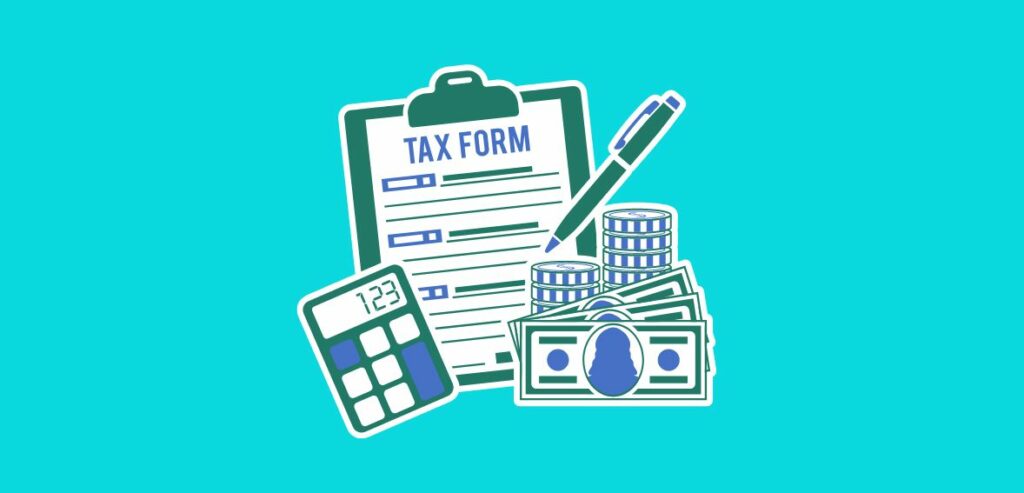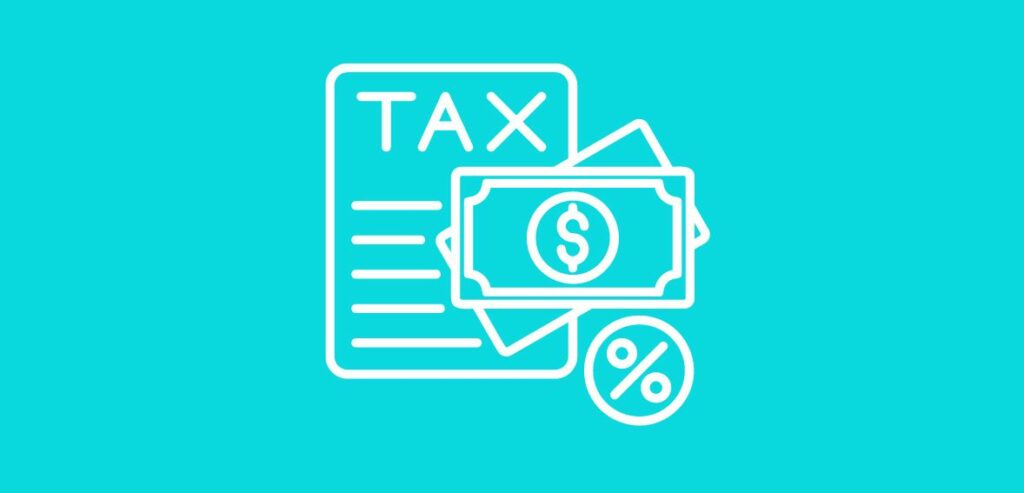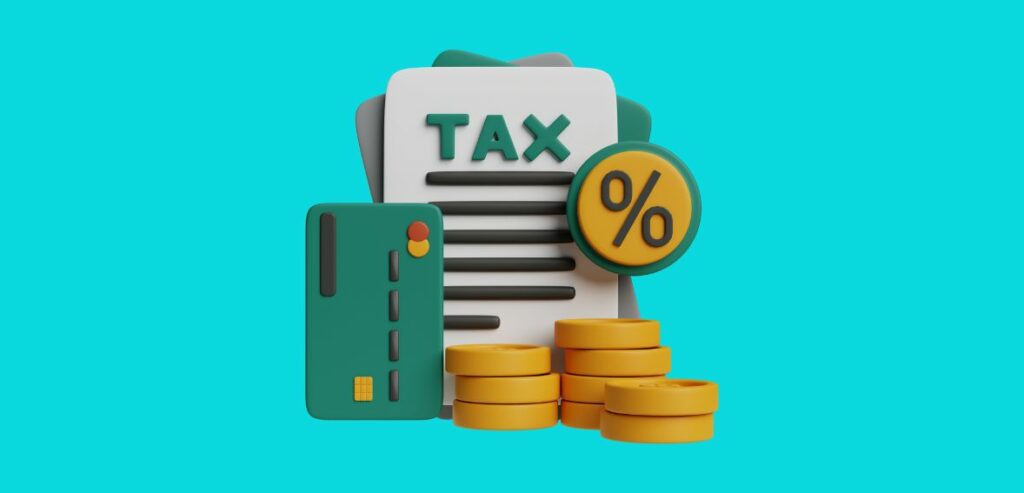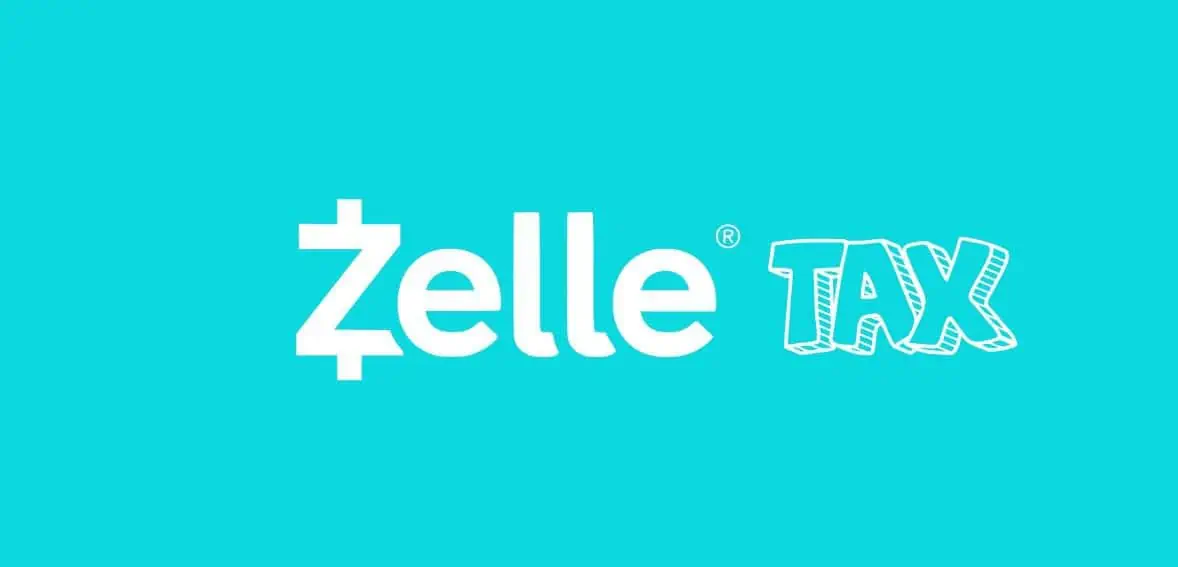Payments and taxes have changed significantly, especially the P2P transactions and the emergence of various fintech tools that support businesses and consumers globally. Despite the advancements in payment convenience, the declaration of taxable income hasn’t seen much change.
However, a significant shift occurred last year when the IRS implemented a rule change mandating third-party payment providers such as PayPal, CashApp, and Venmo to issue 1099K forms to individuals receiving more than $600 in payments for goods and services via their platforms. Additionally, these processors were required to file these forms directly with the IRS.
Previously, the issuance of 1099K was limited to customers with gross payments exceeding $20,000 and more than 200 transactions. However, Zelle, which is a prominent payment system, appears to be an exception to these new thresholds. But Why? Does Zelle report to the IRS? his article provides a detailed answer to this question and more about what you should do if you use Zelle for business use. Read on to learn more!

Image source
How Does Zelle Differ from Other Payment Apps?
Zelle is a peer-to-peer (P2P) money transfer provider that enables individuals to receive and send money seamlessly through linked bank accounts. The extensive Zelle network includes most major banks and credit unions. Once enrolled, users can utilize only an email address or phone number for electronic money transactions. Over 2,000 banks and credit unions in the US integrate Zelle into their services, accessible directly through their mobile banking apps. Zelle allows users to transfer funds to and from eligible bank accounts at different US-based financial institutions, often completing transactions within minutes.
For added convenience, users can download the Zelle app for free from the Google Play or App Store and link it to a debit card from a US-based financial institution.
Unlike other payment apps like Venmo, Zelle operates under a consortium of banks, adopting a unique approach. Unlike its counterparts, Zelle does not retain custody of users’ funds but facilitates direct bank-to-bank transactions among customers.

So, Does Zelle Report to the IRS?
If your taxable income surpasses $600, the IRS will be informed through a Form 1099K sent by the respective payment processing platform. It’s important to know that platforms like Cash App, PayPal, and Venmo have initiated the issuance of 1099K forms. However, Zelle operates differently, not meeting the same reporting requirements. Zelle maintains that the law exempting it from such reporting obligations is due to its status as a network of FDIC-insured banks.
Despite this distinction, there exists a sort of loophole. While Zelle may not be subject to the tax reporting rules applicable to other payment services, the fundamental taxation rules for the income received remain consistent, irrespective of the money’s source. It’s crucial to remember that even though the IRS doesn’t mandate Zelle to send 1099Ks to its users, the responsibility to report all taxable income, including business earnings from Zelle, remains with the user. It is imperative to include such income in your tax return.
Understanding The Functioning Of Form 1099K

Form 1099K is a part of the IRS series of forms designed for reporting non-W-2 income, a category that includes familiar forms like 1099NEC and 1099MISC.
This form, 1099K, is furnished to taxpayers by credit card companies and payment processors, such as PayPal, Cash App, and Venmo, collectively known as Payment Settlement Entities (PSEs). As previously mentioned, the recent legislative changes removed the 200 transaction threshold, making it mandatory for a form to be issued for each customer receiving a payment exceeding $600.
The 1099K serves to report various types of payments, encompassing those made through payment apps like PayPal, Stripe, CashApp, and Venmo, as well as transactions involving credit cards (MasterCard, Discover, Visa, or American Express), debit cards, work and sales platforms, and stored value cards. Despite the initial intent for the new requirements to take effect in the 2023 tax year, the IRS has postponed their implementation.
What Is Your Responsibility?
Correctly reporting taxable income from Zelle is the right choice. The absence of a tax form does not grant permission to evade taxes—compliance with tax regulations remains mandatory. While some Zelle users might contemplate the risk of not reporting income received through the platform, engaging in such practices is illegal and can have significant consequences over time. Although it might pose a slightly greater challenge for the IRS to track Zelle payments, it is still within their capability, especially if an audit is initiated for any reason.
Consider income from Zelle akin to receiving payment in cash. While it may be more challenging for the IRS to uncover such transactions, deliberate concealment of taxable income can result in severe legal repercussions. In the event of an audit that scrutinizes other business records, intentional non-disclosure could lead to substantial legal complications. If the payments you receive via the Zelle Network are deemed taxable, you must promptly and accurately report them to the IRS.
But What Exactly Comes Under Taxable Income?
It might surprise you that the IRS defines income beyond the commissions, wages, and tips earned through formal employment. If you engage in bartering services, like exchanging babysitting for house cleaning, or if you have student loans forgiven, you must report these on your tax return. Additionally, unemployment benefits should be reported.
The following sources fall under the category of income:
- Bonuses
- Found money
- Free tours
- Lawsuit damages
- Prizes
- Royalty payments
Which Transactions Do Not Come Under “Taxable Income”?

Certain payments do not necessitate inclusion in your tax return, offering a notable advantage for users of P2P apps like Zelle. The convenience of not carrying physical cash for making the transactions is a significant benefit. Transactions related to splitting bills or receiving money from friends and family through payment apps are considered personal and are not taxable. Similarly, gifts received through these platforms do not require payment of taxes.
For individuals engaged in side gigs through digital payment apps, maintaining separate business and personal accounts is advisable to ensure clarity in distinguishing income from personal transactions.
When selling personal items at a loss, such as during a garage sale, payments for these items are exempt from income taxes. However, you are responsible for taxes if the buyer designates the payment as a product selling or any service and the total gross payments for such items exceed $600. It may be confusing, but Zelle provides free reports that make it easy to track income generated. If you receive a 1099K but believe the money should not be classified as taxable income, seek guidance from a tax professional.
Mistakes To Avoid When Reporting Transactions With Zelle
When reporting Zelle transactions to the IRS, people often make common mistakes that can lead to unnecessary complications during the filing process. Here are some of these mistakes and tips on how to avoid them:
- Not disclosing any Zelle exchanges:
Some individuals mistakenly believe that Zelle transactions are exempt from tax reporting requirements. However, it’s important to note that any money received through Zelle must be reported on your tax return, just like any other taxable income.
- Reporting the total rather than the net amount:
Ensure you deduct any fees paid to Zelle or your bank when reporting Zelle transactions. Only report the net amount received.
- Declaring business dealings to be personal:
If you use Zelle for business transactions, categorize and report them appropriately on your tax return. Incorrect classification may lead to an IRS audit.
- Not disclosing all of your income:
Report all income received through Zelle, regardless of the amount. Some individuals only report transactions above a specific threshold, but the IRS requires the reporting of all income.
- Not maintaining accurate records:
When you receive money through Zelle, ensure that you maintain accurate records of the transaction. Include details such as the date, amount, and the name of the person who sent the money. Keeping this information will be crucial when you file your tax return.
Tips To Manage Your Taxable Income With Zelle Effectively

- Drawing a clear line between your personal and business finances offers several advantages. Two primary reasons for this step, especially regarding your Zelle account, involve tax management and personal protection. A separate business account makes it more straightforward to track and manage business expenses for tax purposes.
- Ensure you report all your income, even if you have yet to receive a specific form. Failure to declare income from various sources during tax filing can lead to penalties, interest, audits, or legal repercussions.
- Maintain comprehensive personal and business records throughout the year. This practice saves time and ensures accuracy during the “tax month.”
- If you require assistance with accounting and tax preparation related to Zelle and your business accounts, consider consulting a CPA, a tax professional specializing in these areas. For specific legal concerns or if you are involved in an IRS dispute regarding your Zelle transactions, it is advisable to seek the guidance of a tax attorney.
Conclusion
The world of payments and taxes has undergone various changes with the rise of P2P transactions and fintech tools. According to the current taxable income rules, the IRS requires third-party payment providers like PayPal and Venmo to issue 1099K forms for transactions over $600. However, Zelle dodges this bullet as it operates differently by claiming its status as a network of FDIC-insured banks to justify not issuing these forms.
Although Zelle doesn’t provide 1099Ks, users must diligently report their income, including any business earnings facilitated through the platform. Users are responsible for following tax regulations, as omitting this information can lead to serious consequences and substantial fines in the form of an audit. It’s crucial to consider Zelle’s income to cash transactions and know that the IRS may scrutinize it during audits. When dealing with income, users should differentiate between business transactions to ensure accurate reporting; as some transactions are exempt, such as gifts or splitting bills, it is essential to classify business dealings. It’s important to avoid reporting mistakes and maintain records throughout the year.
Effectively managing taxes with Zelle involves setting boundaries between business finances, accurately reporting all income, and keeping thorough records. It is highly recommended to seek the guidance of a CPA. Tax professional for precise accounting and tax preparation. When dealing with IRS issues, it is wise to consult with a tax attorney. In the end, individuals and businesses must understand tax regulations regarding Zelle transactions.
Frequently Asked Questions
Q: Does Zelle Report to the IRS?
Zelle does not provide transaction details made on the Zelle Network to the IRS, including payments for goods and services. The law mandating certain payment networks to furnish 1099K forms for information reporting on sales does not apply to the Zelle Network.
Q: What are the limits for Zelle transfers?
For Zelle availability through your bank or credit union, kindly contact them for specific details on sending and receiving limits. If your financial institution has yet to offer Zelle, the Zelle app sets a weekly send limit of $500 and a weekly receive limit of $5,000.
Q: Does Venmo Report to the IRS?
P2P payment platforms such as PayPal, Venmo, and Stripe must provide IRS information about customers receiving payments for business-related transactions through 1099K forms. Zelle, operating differently as a bank-to-bank transaction service provider, follows a different reporting structure.
Q: Is Zelle safer than PayPal?
Zelle and PayPal share comparable security and privacy standards, utilizing encryption, stringent access controls, and two-factor authentication. Both platforms offer customers the option to make payments using their email addresses, ensuring the protection of their accounts and personal information.

